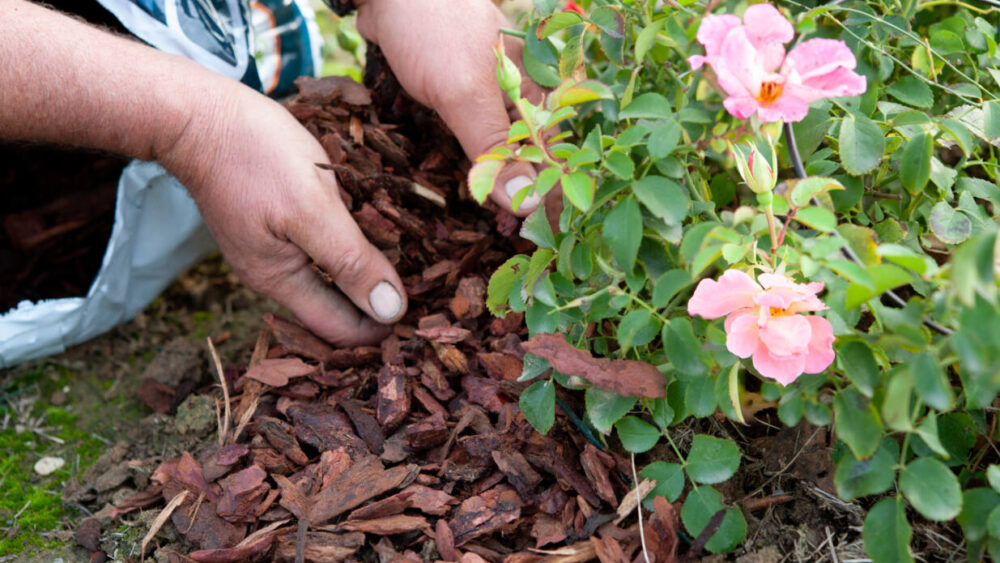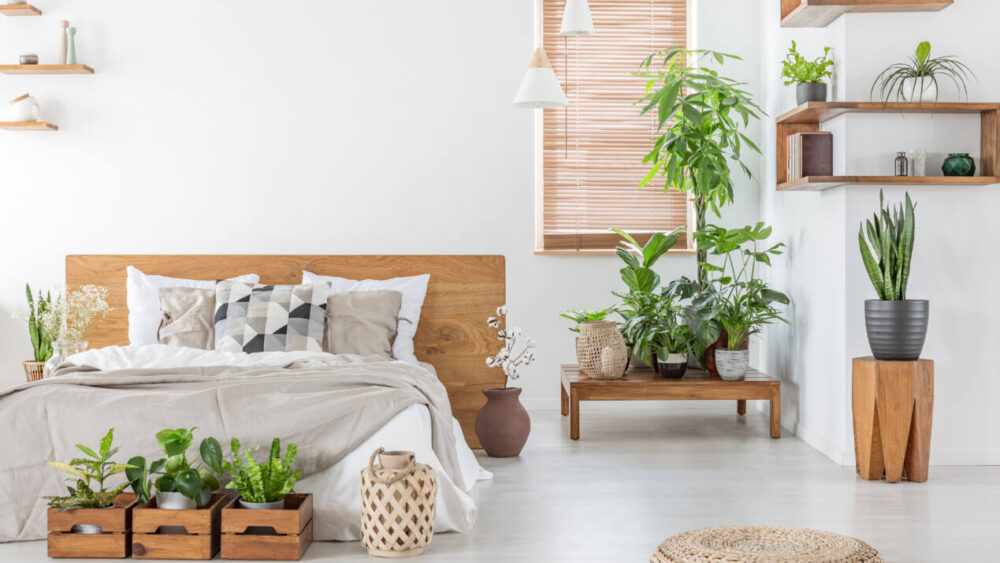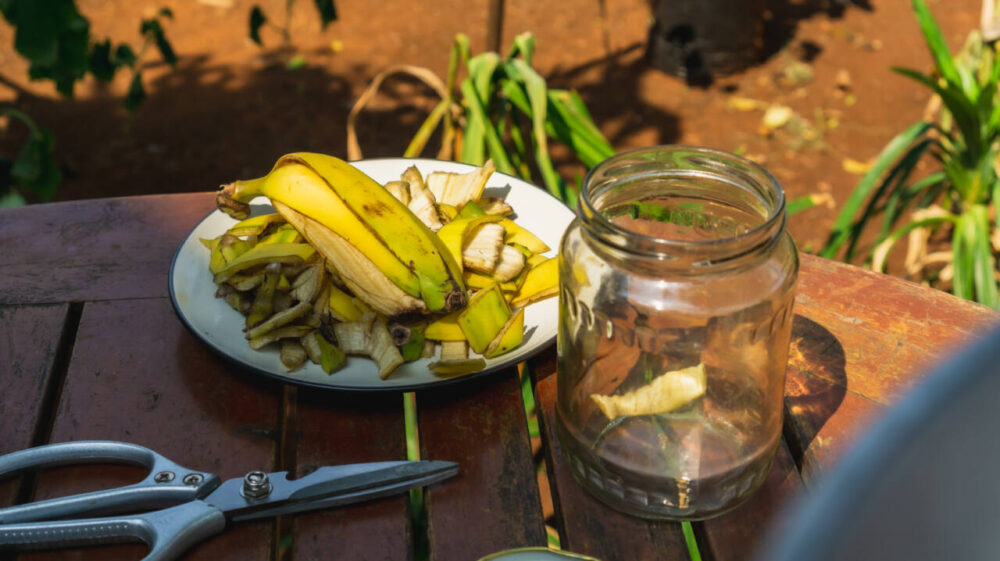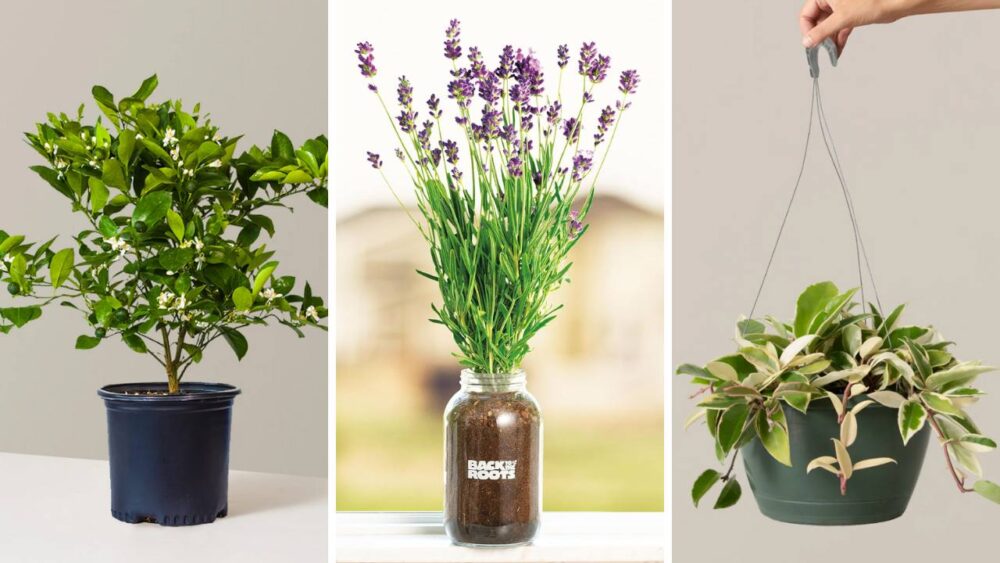3 Plants That Can Help You Sleep Better
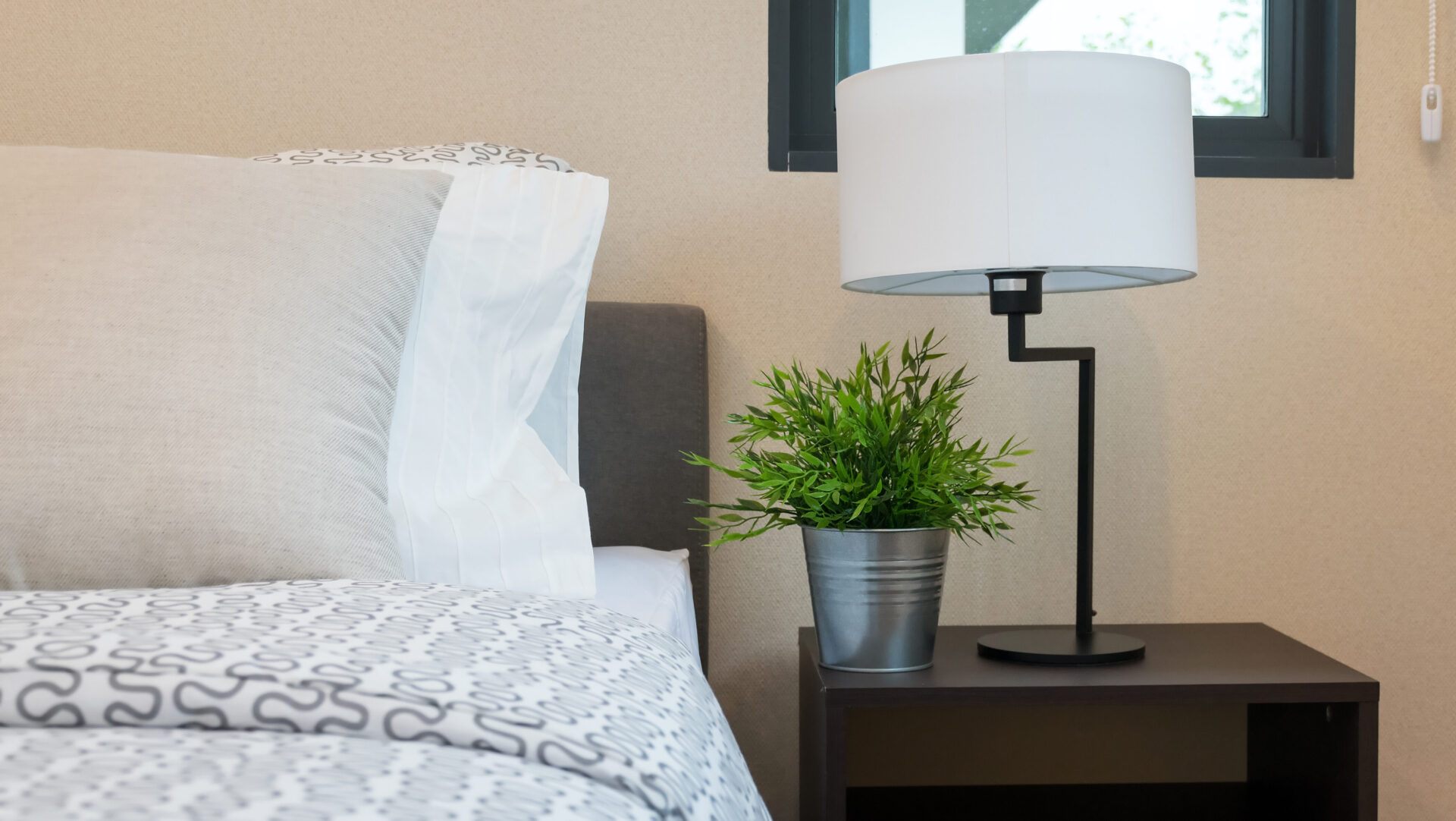
Need help sleeping? In the past, we’ve talked about foods to eat to help promote sleep, as well as foods not to eat, and even a tea you can make by boiling an organic banana… but bet you didn’t know that certain plants can help you catch some Zzzs, too! So, move over, sleeping pills, you’re getting replaced by all-natural sleep aids, instead — plants!
1. Lavender
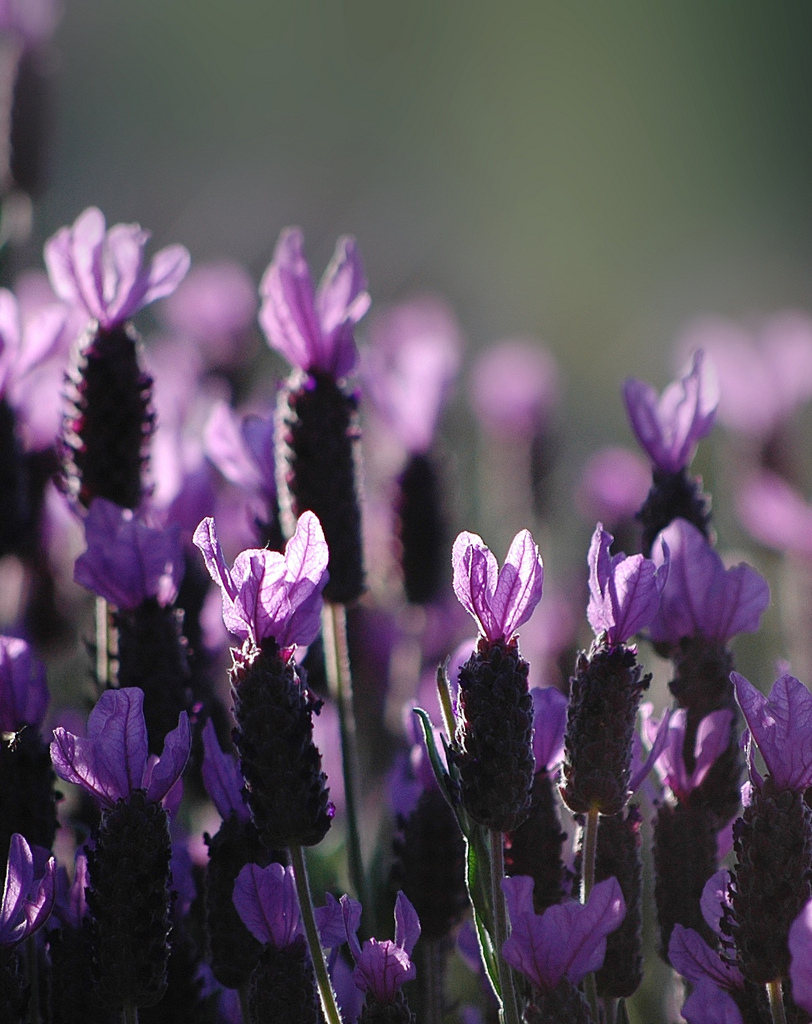

I know, we talk about lavender all the time, but it’s because it is so versatile — from reducing anxiety to helping you sleep. You can either plant some lavender and keep it by your bed or use some pure lavender essential oil.
A friend adds a few drops of the oil to her sleep mask, so now I’ve gotten used to doing so, too, and it’s amazing. Research backs up lavender as a sleep aid, too.
Wesleyan University psychologists had 31 women and men smell the essential oil at night before bed, then distilled water the next night. Participants did so for four, two-minute time periods. According to the brain scans of the participants, they slept better and had more energy the next day after sniffing the lavender.
You can also use an app, like Sleep Cycle, to see exactly how much sleep you get and what kind (and if you should start smelling lavender, too). Pretty fascinating!
2. Jasmine


Yep, like lavender, jasmine reduces anxiety and helps you sleep when you lie down with the scent in your vicinity. Plus, the quality of your sleep will be better, according to a study by Dr. Bryan Raudenbush and his colleagues at Wheeling Jesuit University in West Virginia.
For three nights, they monitored 20 people sleeping — with a jasmine scent, lavender scent, or no scent, and the jasmine scent led to a better quality of sleep.
Plus, the next morning, participants were more alert and able to do cognitive tests faster. Aside from adding a jasmine plant to your bedroom, you can also try using jasmine-scented soap or potpourri, according to Raudenbush.
3. Aloe Vera
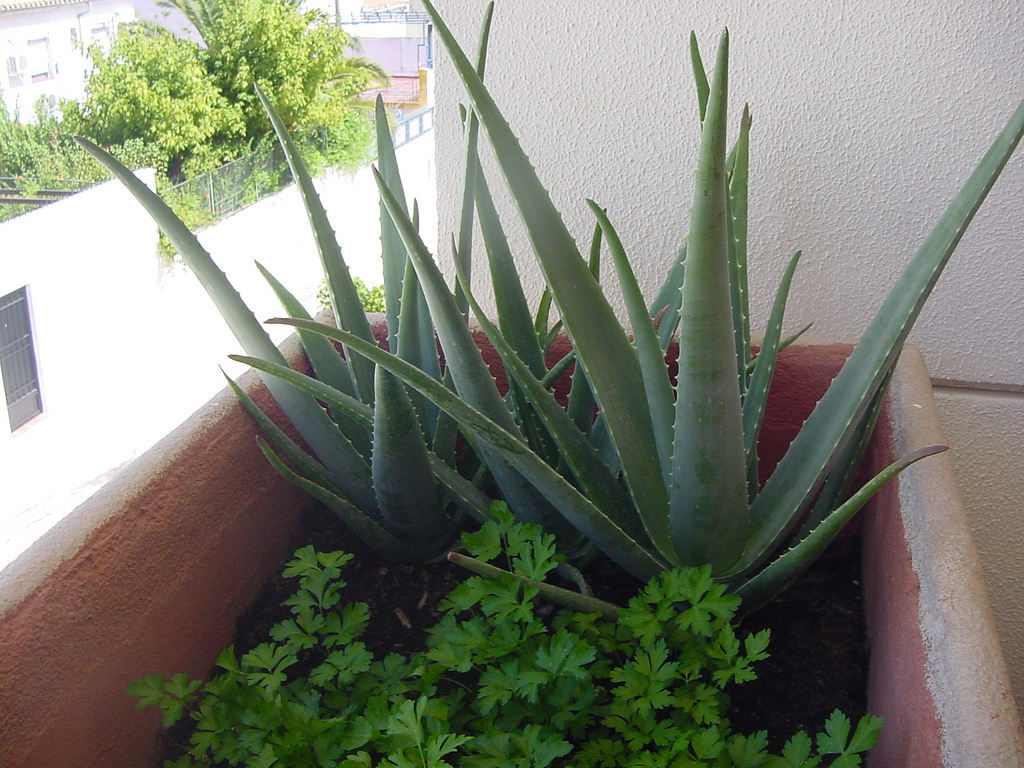

Aloe vera is one of those plants that has 101 (or more) uses, like alleviating burns, strengthening the immune system (with aloe’s antioxidants), and, yes, helping you fall asleep with its calming properties. And, aloe is everywhere these days—there’s aloe juice, and you can even get an aloe vera mattress to help curb insomnia.
“Drinking aloe vera juice is like drinking a vitamin and mineral cocktail, it contains Vitamin A, B1, B2, B6, B12, C, E, Folic Acid and Niacin,” states Loving Fit’s website.
“Minerals in aloe vera include Calcium, Sodium, Iron, Potassium, Copper, Zinc, Manganese, Magnesium and Chromium.” And it tastes good, too. The plant is easy to care for, but it does need a lot of light, about 16 hours per day, FYI.


